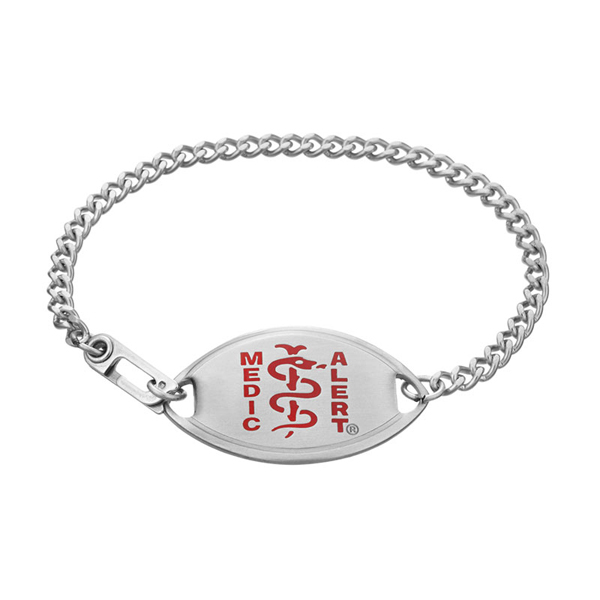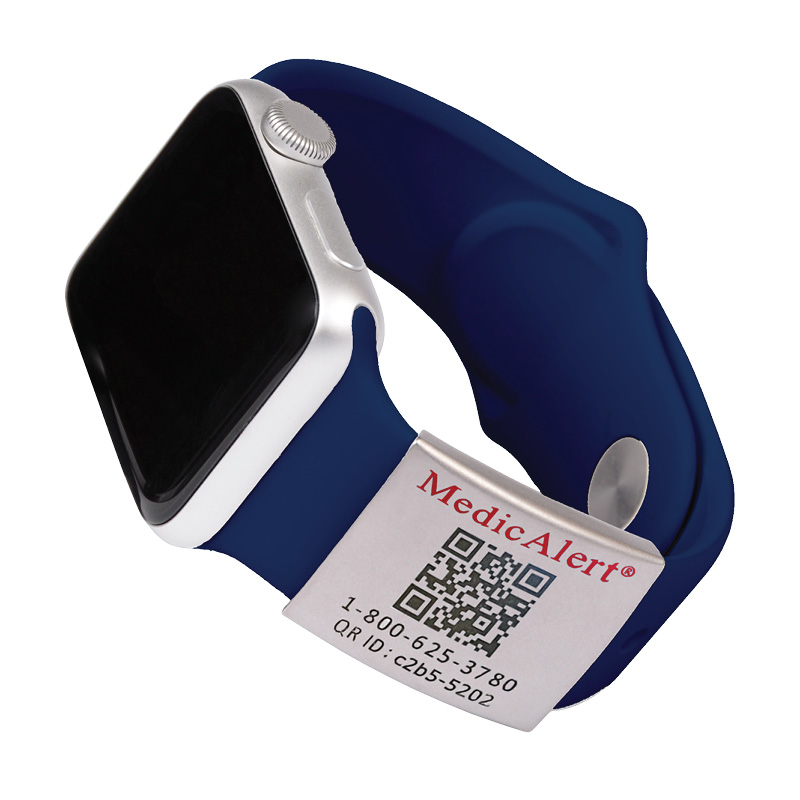I’ve had life threatening food allergies for 31 years. I’ve survived anaphylactic shock many times, and a MedicAlert bracelet has been with me nearly every day since I was 10.
Sara, MedicAlert member living with food allergies
Read Sarah’s story and learn how she uses her medical ID for anaphylaxis and EpiPen use.











